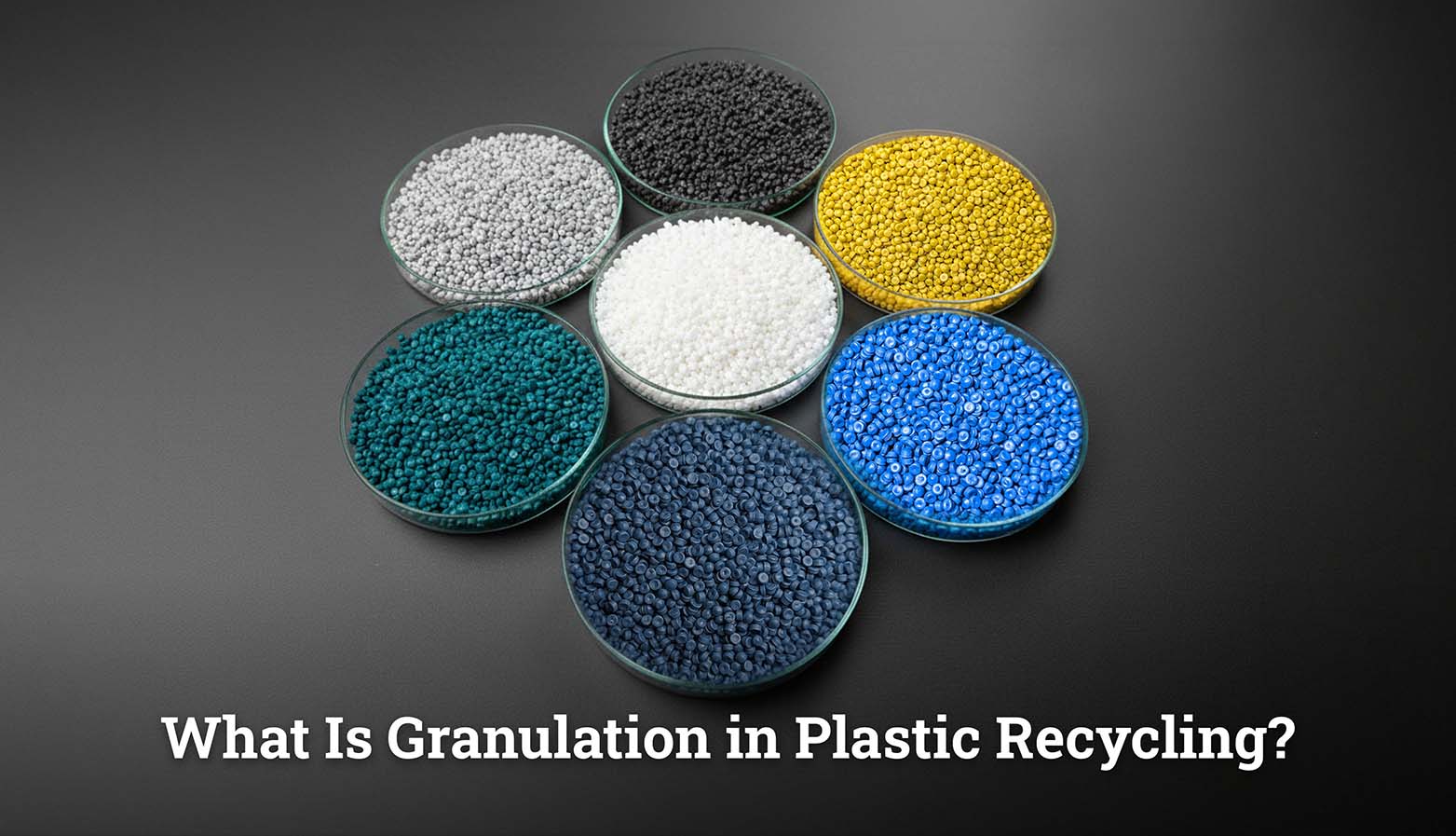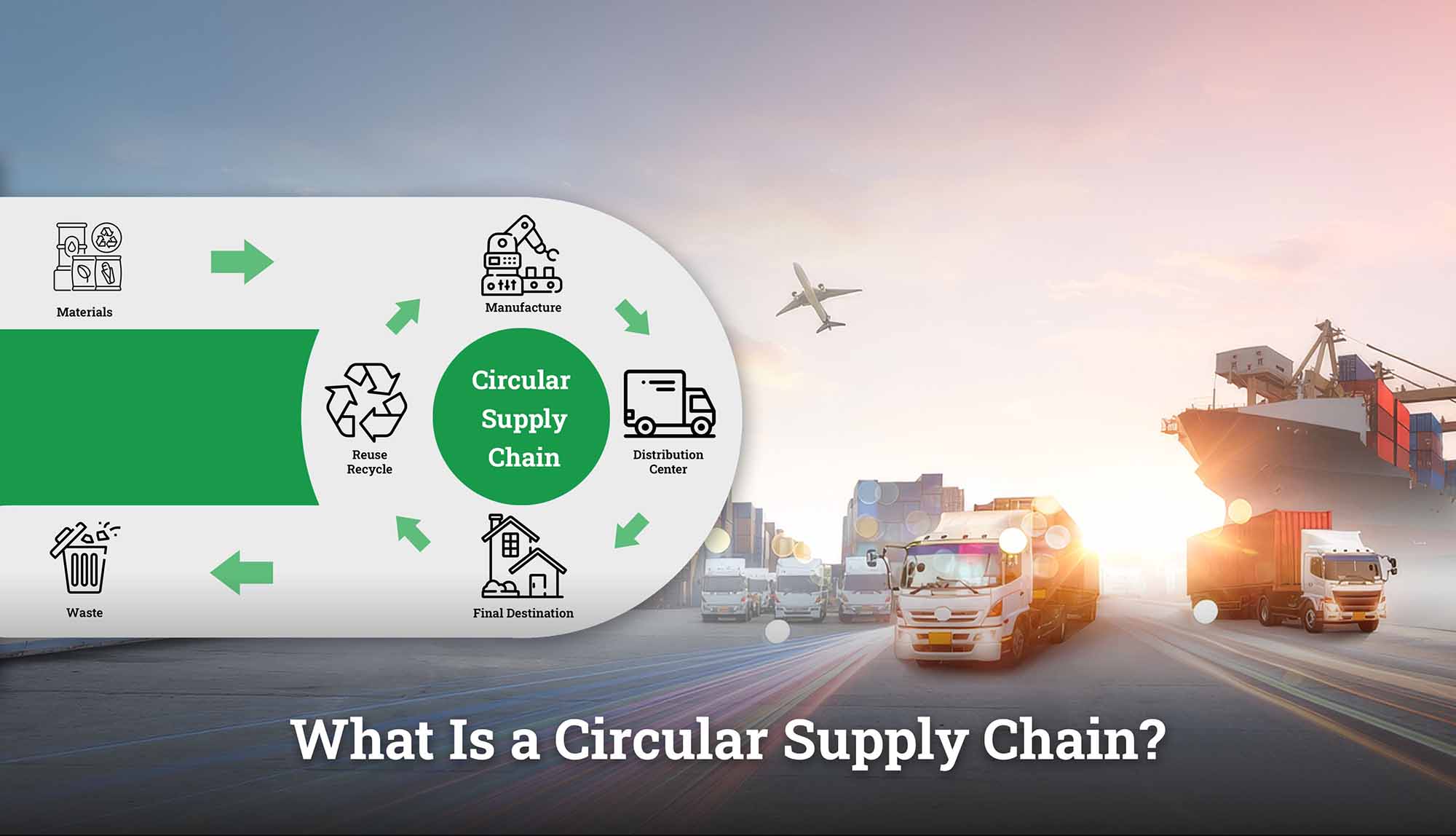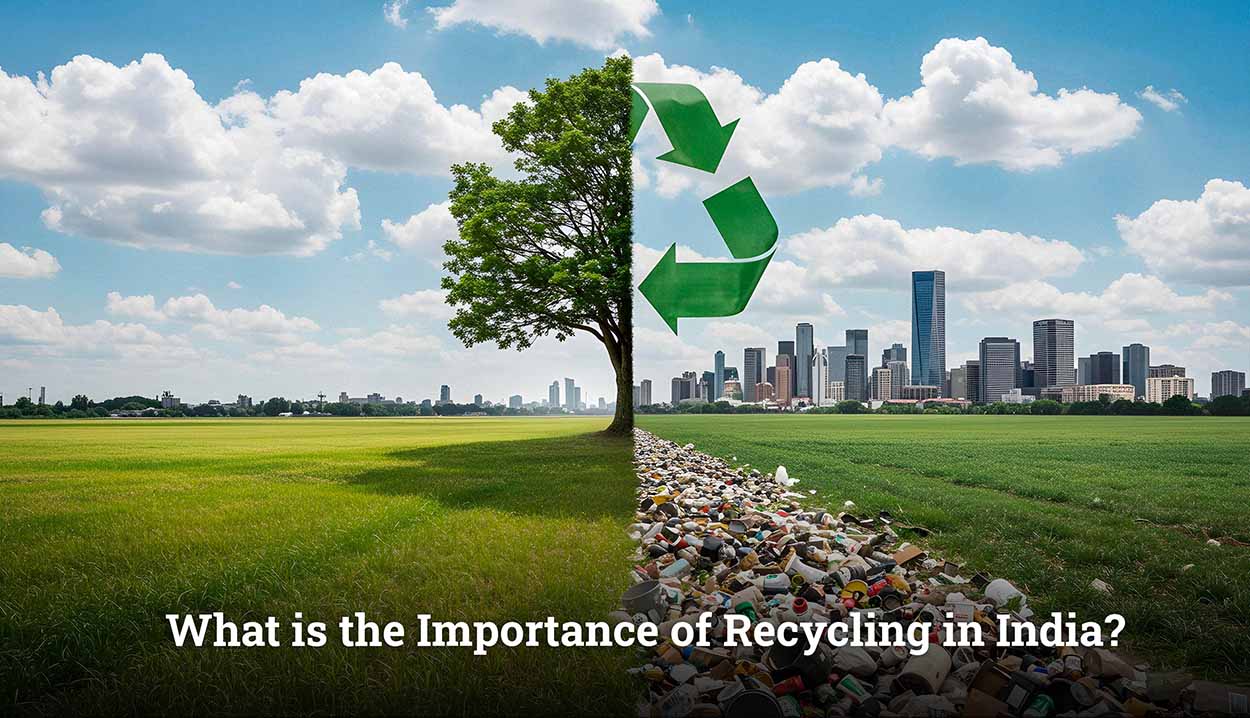In the rapidly evolving landscape of Indian environmental legislation, few mandates have created as much complexity and urgency for producers, importers, and brand owners (PIBOs) as the new Extended Producer Responsibility (EPR) regulations for plastic packaging. Effective delivery of this mandate is not a box to be checked but a business strategy that needs comprehensive EPR expertise, strong technical ability and a conceived and demonstrable implementation paradigm. The selection of an appropriate EPR consultant is the most important decision that a PIBO would ever make that would directly affect their compliance status, environmental responsibility and cost effectiveness in the long run. The right EPR consultant realizes that is the objective, but even more so, it is to create real, tangible circularity in your supply chain. In the case of most companies, the complexity of state-based regulations, the need to maintain an extensive network of waste aggregators, and the necessity to have clear-cut documentation can easily overwhelm the legal department and result in non-compliance and hefty fines. This is the very reason why Banyan Nation can present you with a unique value proposition as your team of EPR consultants. We are not simply enablers of regulatory compliance, but we physically incorporate recycled plastic of high quality, traceability into your product lifecycle, making good on your part, and giving you a verifiable environmental advantage. As a leading award-winning recycler, collaborating with an EPR consultant, you also assure that your EPR objectives are achieved by high quality, circular solutions and not transactional offsets. Efforts to recycle, encompassing the pre-registration through the ultimate target realisation with qualified recycled resin, make Banyan Nation the conclusive option of any PIBO to be in need of reliable, sustainable and future-proof EPR consultant in India.
Introduction
The EPR structure in India is a radical move towards institutionalizing the plastic waste economy and transferring the processing of plastic waste to the organizations that introduce the plastic to the market. Although this regulation is essential to the health of the environment, it poses a serious operational and legal issue to the companies. Such an environment requires special knowledge in EPR consultation to steer the businesses through the maze of registration, calculating targets and implementation. An entrepreneurial spirit of EPR consultation is not only a means of reducing the compliance risk but also a competitive advantage that a regulated brand will establish as a sustainability and transparency leader.
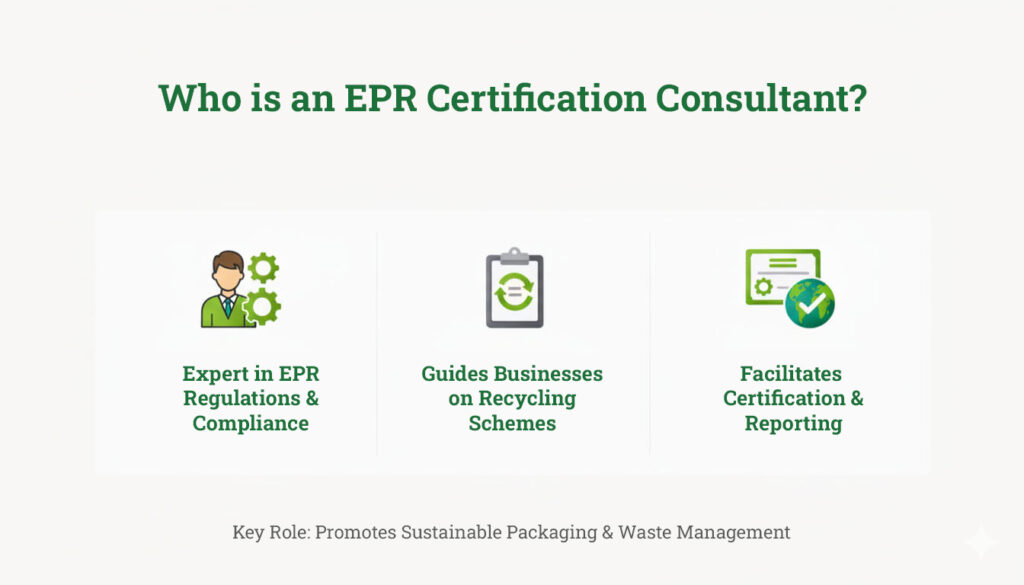
Who is an EPR Certification Consultant?
An EPR certification consultant is a professional specialist or company that will assist PIBOs to meet the requirements stipulated by the Plastic Waste Management Rules. EPR consultation involves an in-depth knowledge of the Central Pollution Control Board (CPCB), the EPR portals and the documentation required to demonstrate compliance. The advisory role of an EPR consultant is more than that, the person is expected to incorporate compliance activities (waste collection, processing, and recycling) within the current business model of a PIBO. A highly competent EPR partner can provide a broad-range of extended producer responsibility services that are inclusive of the identification of the precise amount of plastic waste responsibility, as well as the organization of the physical recycling or collection of the plastic waste to achieve the targets. They become the technical mediator between the producer and the formalized recycling ecosystem, making all activities implementable and verifiable.
Why Do You Need an EPR Registration Consultant?
There is an overly complicated EPR process in India with strict time frames, many changes in regulations and documentations. It is important to use the services of a professional extended producer responsibility consultant for registration because of a number of reasons:
Risk Mitigation
There might be considerable fines (environmental compensation) and restrictive actions on products as a result of non-compliance. An EPR registration consultant will make sure that applications, documentation, and reporting are correct and not inaccurate and done in a timely manner.
Complex Target Calculation
The targets are different depending on the types of plastics (rigid or flexible and multi-layered plastic – MLP) and vintage (the past or the present year), and it can be hard to calculate correctly without specific knowledge.
Extensive Geographic Areas
Compliance requires the PIBO to gather waste within the geographic area of its sales. The extended producer responsibility consultant offers an existing proven pan-Indian network of partners which would save years of work to create one.
Saving of time and resources
The complexity, bureaucracy and sometimes paperwork involved in the process becomes available to other sectors of the business through outsourcing to the EPR consulting firm, which in turn saves the internal resources.
Key Responsibilities of an EPR Consultant
An expert EPR consulting should offer an open-ended service model end-to-end and make sure that compliance is both ethical and effective. The basic responsibilities as offered by the extended producer responsibility consultation involve:
Regulatory Liaison and Registration
Overseeing the entire CPCB registration, i.e. filing of detailed action plans, quarterly/annual reports etc.
Target Computation
Calculation of the EPR obligation correctly and with the use of past and present data of plastic packaging, divided into material types and categories.
Compliance Mechanism Implementation
This will be either through hitting an agreement with accredited recycle companies to buy certificates (Recycling Certificates, or RCs) or, more credibly, through the actual physical collection and recycling of waste.
Documentation and Auditing
Keeping detailed records on all the collection and recycling processes such as invoices, manifests and CPCB certificates to survive any scrutiny or audit by the regulators.
Strategic Direction
Continual EPR consultation and recommendation on how to change the packaging design to one more easily recycled (eco-design) to lessen future liability. The EPR consultant who works best in line with the circular economy is the one who aligns compliance.
The Future of EPR in India
The direction that the EPR system in India is taking is quite obvious: it is going to be more rigid, centralized, and technologically challenging. The next generations will probably aim at more recycling goals, make the scope broader to include more types of plastics (such as some MLPs), and put more focus on the traceability and the quality of the recycled material utilized. Although the centralized CPCB portal has made the process more simple, it has also increased the expectations of the data accuracy and transparency at the same time. This implies that companies should abandon the use of paper-based evidence that is easy to verify to verifiable and chain-of-custody evidence. The future of EPR cannot be discussed without the future of the circle of economy; only EPR consultant partners which are able to provide real solutions in the field of recycling, not only market-based certificates, will be able to stay and be considered valid and reasonable.
How can Banyan Nation be your Ideal EPR Consultant in India?
Banyan Nation is a completely different company compared to other EPR consultant firms in India as we are essentially a technology company, registered CPCB Recycler. Such a special status enables us to provide PIBOs, with more than regulatory recommendations, but with a tangible, measurable solution to their plastic waste issue, and do so in the spirit of the law.
Assured Quality and Traceability
Banyan Nation offers high-quality recycled plastic resins that can be directly incorporated by the brand owner in their packaging, unlike pure EPR consultant in India, which only bundles certificates. The technology platform will have end-to-end traceability of the waste stream between the point of collection and finished resin to meet the utmost expectations of transparency.
Handling MLP/Hard-to-Recycle Plastics
We are experts at handling complex plastic garbage, such as flexible plastics and multi-layered plastics (MLP), which comprise significant parts of most PIBOs commitments and which are poorly addressed or treated by general collectors.
Risk Reduction through Integration
Compliance and Real Recycling: By integrating compliance with the real Recycling, we will eradicate the risk of depending on Fraudulent or otherwise non-compliant Recycling Certificates (RCs). Our customers are assured of compliance supported by recycled output, which is tangible.
Strategic Eco-Design Partner
We apply our expertise in material science and recycling to recommend customers on sustainable packaging solutions to ensure that they carry the responsibility of future EPR consultations by making the best use of materials today.
Conclusion
EPR in India is a big challenge though it is also an opportunity to do what brands can do with regard to their devotion to sustainability. By engaging Banyan Nation as your EPR consultant, you are choosing a partner who provides your business with full compliance with the regulations as well as the integrity of the quality and verifiable circularity. We are in a unique position to make your plastic waste liability become a valuable asset, so there is no need to worry if your brand will be compliant, resilient and a leader of the circular economy.
FAQ's
How long does it take to complete the EPR registration process?
The initial registration with CPCB can typically take anywhere from 30 to 90 days, provided all necessary documentation is readily available and accurate. An experienced EPR consultancy can significantly expedite this process by ensuring the submission is correct the first time, minimizing back-and-forth with the CPCB.
Can small businesses also apply for EPR registration?
Yes. Any PIBO (Producer, Importer, or Brand Owner) that introduces plastic packaging into the market, regardless of size, must register and comply if their annual turnover is above certain thresholds or if they introduce plastic packaging into the market. Utilizing professional EPR consulting services helps small to medium-sized enterprises (SMEs) navigate the complexity without needing an in-house compliance team.
Can an EPR consultant help in sustainable packaging solutions?
Yes. The best EPR partners, like Banyan Nation, move beyond just compliance. We leverage our knowledge of material processing to provide strategic advice on eco-design—helping PIBOs transition to simpler, more recyclable materials to proactively lower their long-term EPR obligations.
Making recycled packaging the norm.
CITATIONS:
- Central Pollution Control Board (CPCB) of India. (2022). Guidelines on Extended Producer Responsibility for Plastic Packaging. Ministry of Environment, Forest and Climate Change.
- RegisterKaro. (2025). Linear economy vs Circular Economy in EPR: What’s the Difference? Retrieved from: https://www.registerkaro.in/post/linear-economy-vs-circular-economy
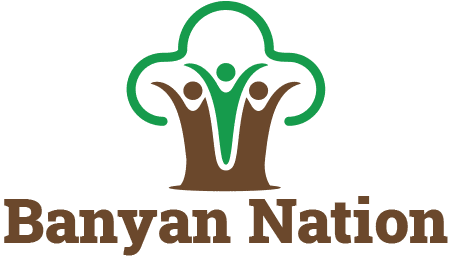
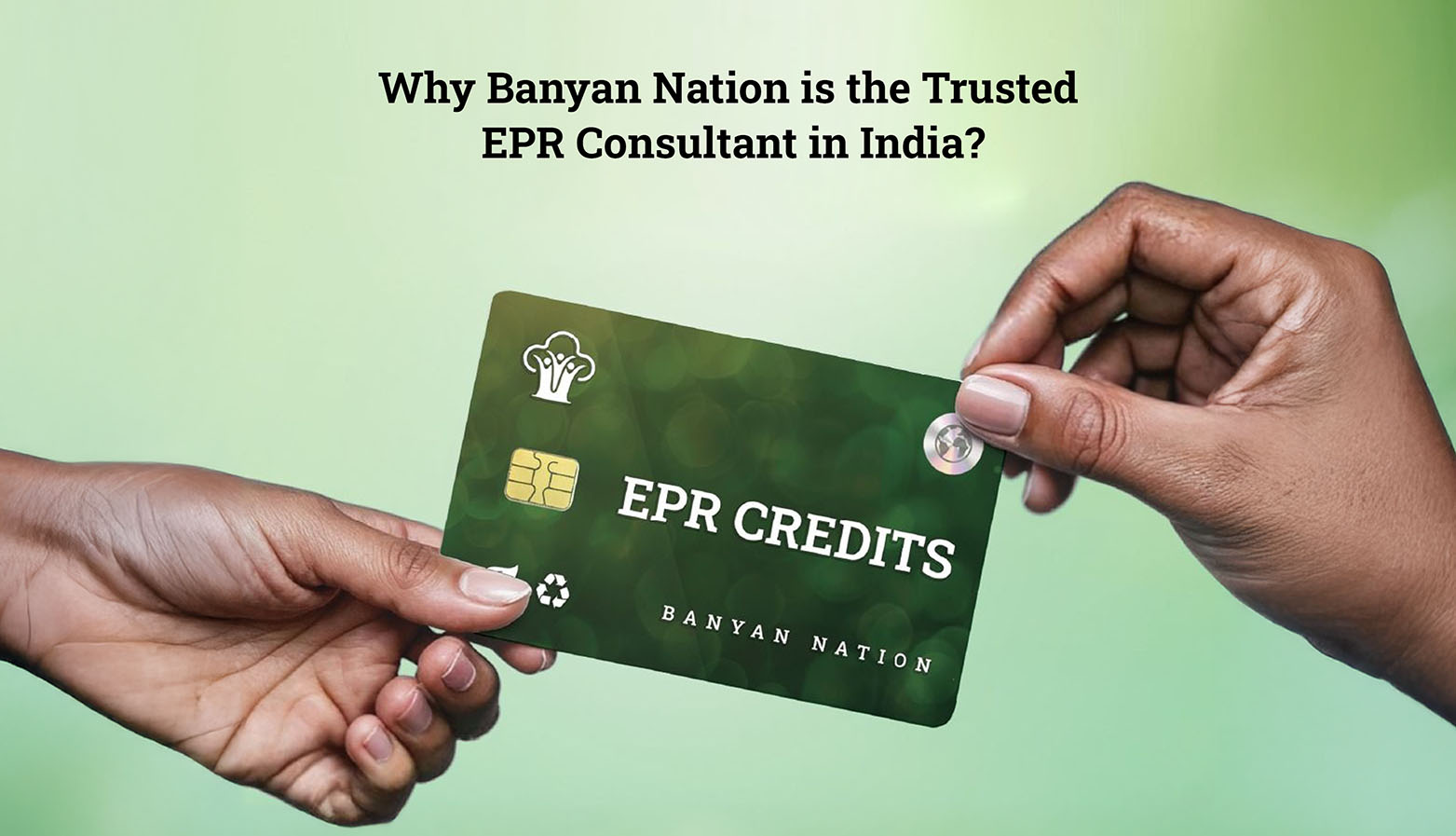
 What Is Granulation in Plastic Recycling?
What Is Granulation in Plastic Recycling?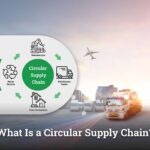 What Is a Circular Supply Chain?
What Is a Circular Supply Chain?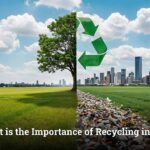 What is the Importance of Recycling in India?
What is the Importance of Recycling in India?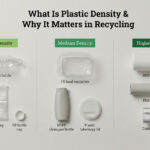 What Is Plastic Density & Why It Matters in Recycling
What Is Plastic Density & Why It Matters in Recycling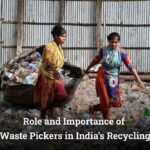 How Waste Pickers Play a Crucial Role in Recycling
How Waste Pickers Play a Crucial Role in Recycling